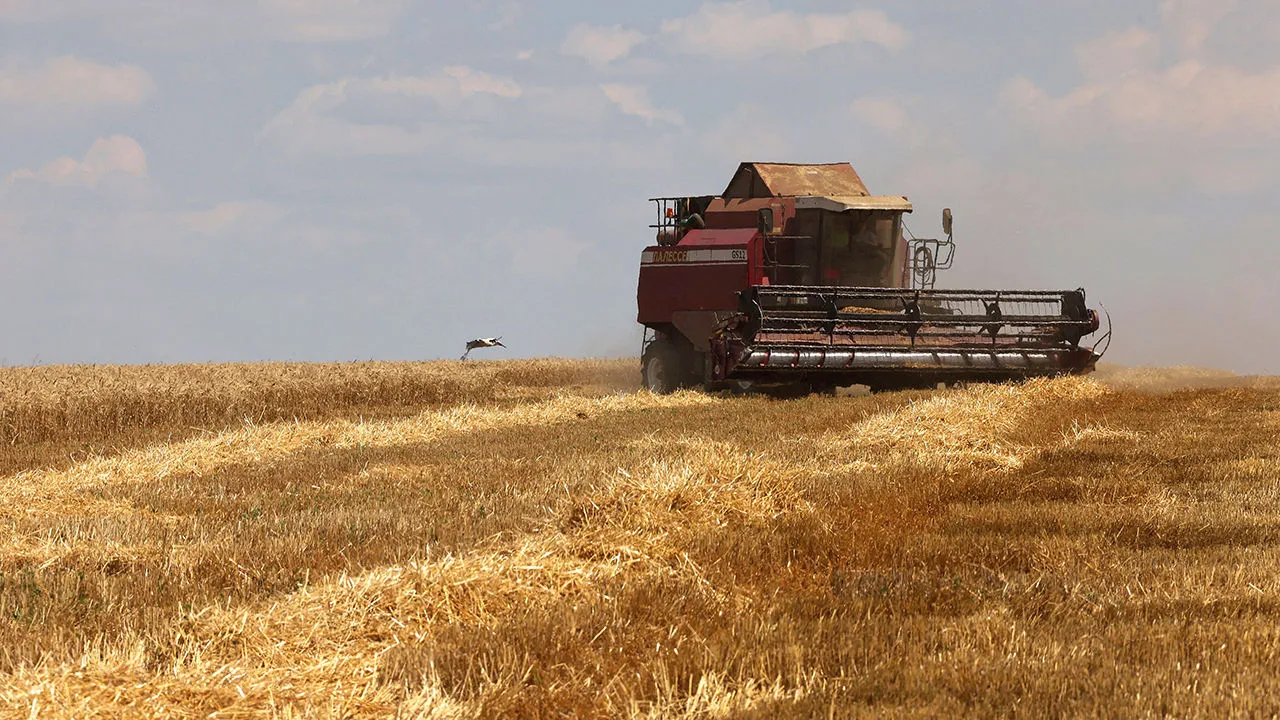The threat of a Third World War is a potential catalyst for unprecedented disruption, not only in geopolitical terms but also in the very foundation of human survival—agriculture.
The emergence of a global conflict could initiate a chain reaction that could result in a severe agricultural crisis, as modern global agriculture is an intricate, interconnected system that is susceptible to disruptions. This blog investigates the potential pathways by which World War II could undermine global food production, distribution, and security.
Global Supply Chain Disruptions
Currently, the agricultural sector is significantly reliant on intricate global supply chains for energy, machinery, fertilizers, and seedlings. These critical pathways would be likely to be disrupted by a global war:
* **Fertilizer Shortages:** Raw materials are frequently obtained from specific regions for fertilizers, particularly those that are nitrogen and phosphorus-based. Trade restrictions and blockades could result in a significant reduction in crop yields by halting exports.
* **Constraints on Energy and Fuel:** Energy is necessary for the operation of agricultural equipment, irrigation, transportation, and food processing. Operations would be restricted and costs would rise as a result of energy and gas shortages caused by war.
* **Supply of Seed and Equipment:** Planting cycles may be delayed and productivity may be diminished as a result of interruptions in the manufacturing and transportation of agricultural machinery and high-quality seedlings.
Infrastructure and Agricultural Lands are Affected
Farmland, irrigation systems, silos, and processing facilities can be tangibly destroyed by missile strikes and combat zones. Infrastructure, such as roads, ports, and railways, may be damaged or blocked, which could impede access to markets and distribution, even when operating outside of direct conflict zones.
Displacement and Labor Shortages
Conscription, displacement, and workforce loss are frequently the consequences of war. Timing is essential in agriculture, as the planting and harvesting periods are limited and labor shortages can result in substantial yield losses. Additionally, refugee crises may result in a decrease in agricultural activity and the strain on rural communities.
Price Explosions and Market Volatility
Supply disruptions and uncertainty often result in panic purchasing and stockpiling, which further exacerbates shortages. Social disturbance could be exacerbated by a significant increase in food prices, which would disproportionately affect the most vulnerable populations.
Conflict and Climate Stress
Drought, inundation, and soil degradation are already prevalent in numerous regions. These pressures would be exacerbated by war, which would divert resources from agricultural adaptation and recovery efforts.
Political Stability and Food Security
Food insecurity, malnutrition, and famine are frequently the result of agricultural crises. Social unrest and political instability can be exacerbated by food scarcity, which can further destabilize regions and prolong conflict.
Building Resilience: Mitigating the Crisis
* **Strengthening Local Food Systems:** By promoting local production, resilience can be improved by reducing reliance on imports.
* **Diversifying Supply Chains:** The implementation of sustainable agricultural methods and the development of multiple input sources can serve as a buffer against disruptions.
* **International Coordination:** It is imperative to facilitate humanitarian aid and food trade through neutral channels, even in the presence of conflict.
* **Investing in Innovation:** The implementation of technologies such as precision agriculture, alternative fertilizers, and drought-resistant crops could potentially support production in times of duress.
In conclusion,
A cascade of disruptions that could be unleashed by WWIII could have a profound impact on global agriculture, jeopardizing the food security of millions. The urgency of preparedness and resilience-building is underscored by the recognition of the vulnerability of agricultural systems in conflict scenarios. In an uncertain world, the preservation of agriculture is not solely an economic necessity; it is essential for the preservation of life and stability.

Leave a Reply